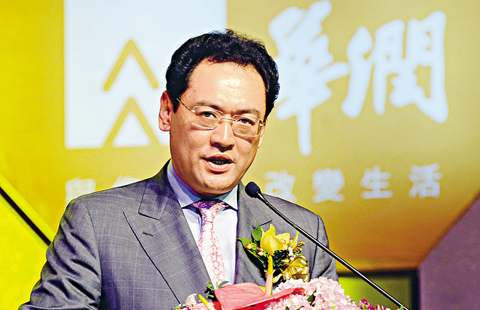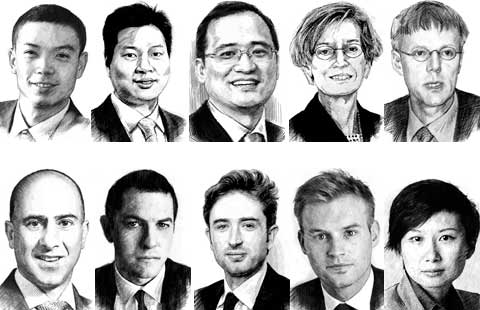Anti-smoking legislation bears fruit, faces challenges
(Xinhua) Updated: 2015-01-02 13:38
 |
|
A worker controls manufactured cigarettes at an assembly line at a tobacco factory of Hubei China Tobacco Industry Co, Ltd in Hubei Enshi Economic Development Zone in Enshi city, Central China Hubei province, August 16 2013. [Photo/IC] |
KUNMING - China's anti-smoking campaign saw significant progress in 2014, thanks to the issuing of legislation at both the national and local levels.
During a health forum held last Saturday in Kunming, capital of Yunnan province, experts agreed that the country's growing emphasis on the rule of law has advanced tobacco control legislation. However, obstacles still block the implementation of the laws and regulations.
In January, a circular issued by authorities required officials to take the lead by not smoking in public.
In November, the Beijing municipal legislature passed an anti-smoking bill aiming to ban smoking in all indoor public places, workplaces as well as on public transportation. It is scheduled to take effect in June 2015.
Also in November, China's State Council's legislative affairs office released a draft regulation for public comment, which would ban smoking in indoor public places and outdoor spaces, including schools and hospitals; all forms of tobacco advertising; sponsorship and promotion of tobacco products; and smoking scenes involving minors in film and on TV.
Li Xiaoliang, director of the Pioneers for Health Consultancy Center in Yunnan, said that since the country ratified the WHO Framework Convention on Tobacco Control (FCTC) in 2005, the Chinese government and grassroots organizations have joined hands to promote the anti-smoking cause.
However, tobacco control legislation still lacks solid public support, since a large number of the country's smokers and passive smokers are not fully aware of the damage tobacco causes to health and social development, Li said.
As the world's largest tobacco maker and consumer, China has more than 300 million smokers and another 740 million people exposed to second-hand smoke each year.
Wu Yiqun, executive vice director of ThinkTank, a Beijing-based anti-smoking advocacy group, said the implementation of the anti-smoking regulations contradicts the draft amendment to the Advertisement Law, which is currently under review.
- China builds largest coal mine waste gas recovering project
- Surge in vacationing Chinese seniors drives travel business
- Elderly sold on online shopping
- Gold plated leica cameras on display
- Hot springs feel the chill of anti-corruption
- Customized calendar websites are thriving
- Traditional calendar days are numbered
- High-end tea retail sales slump as market tastes change

















